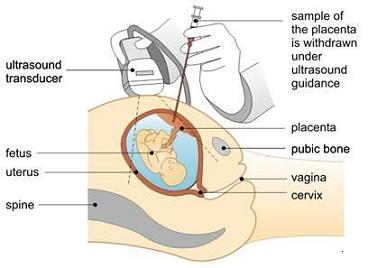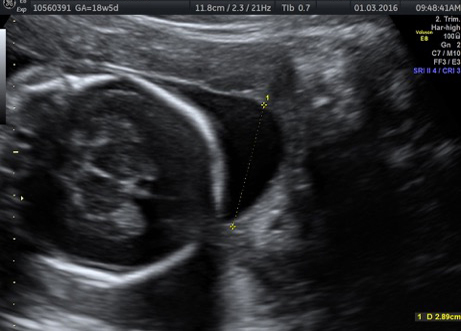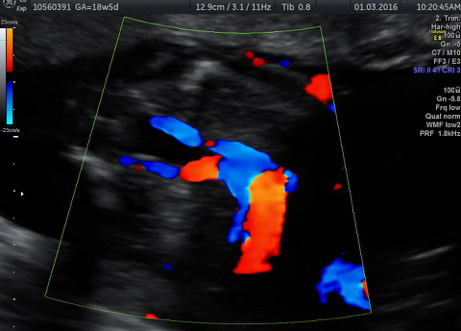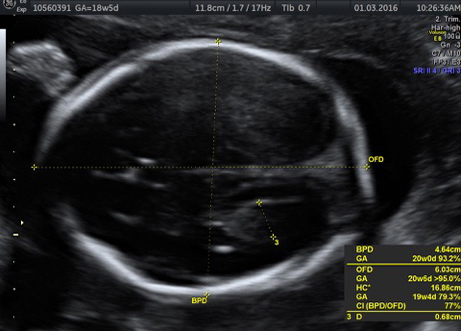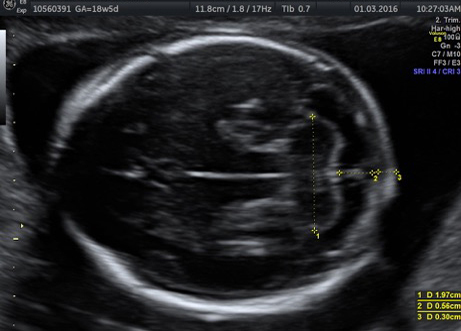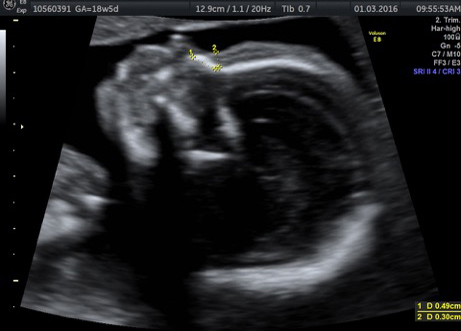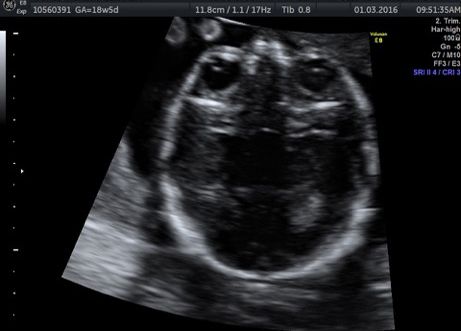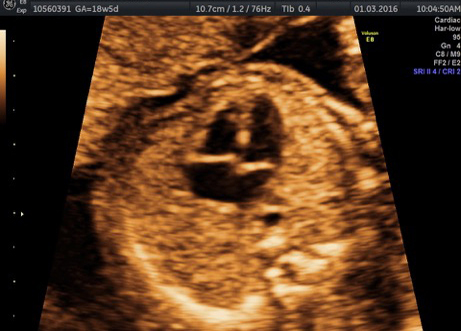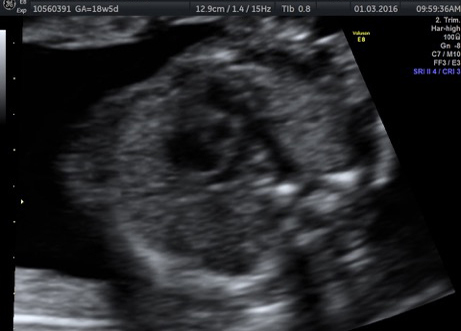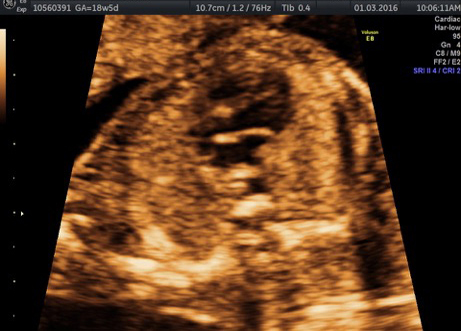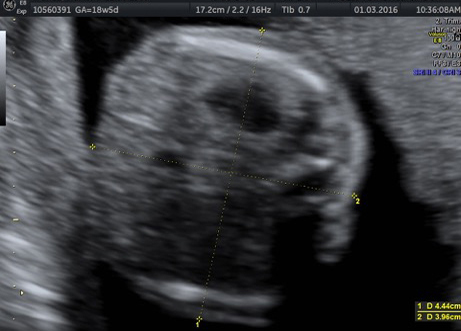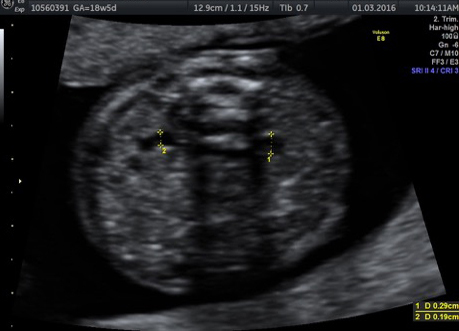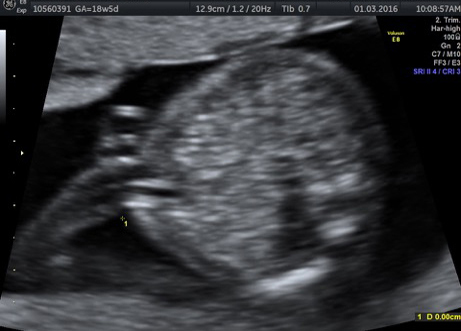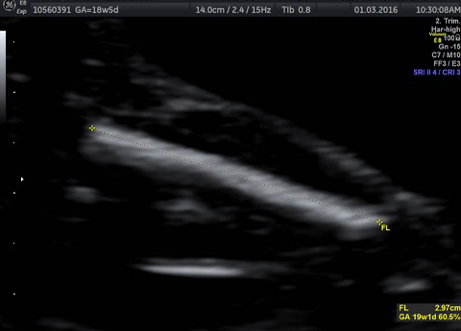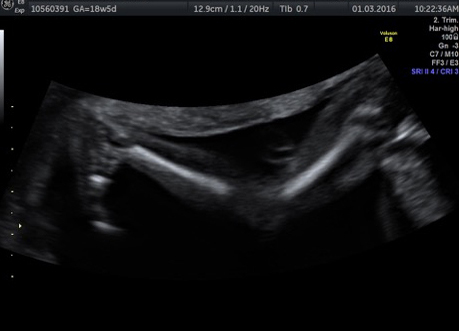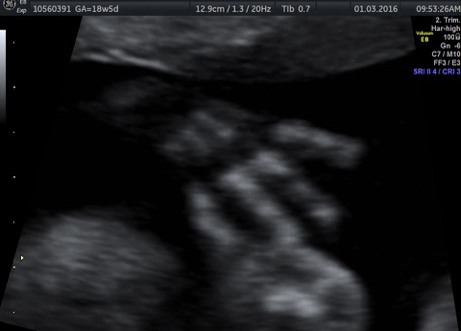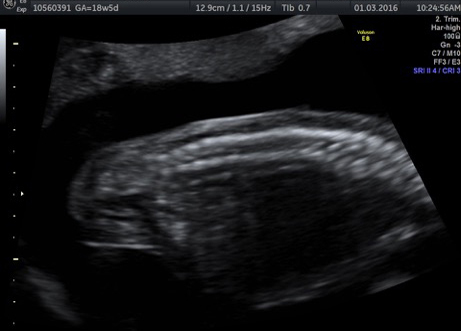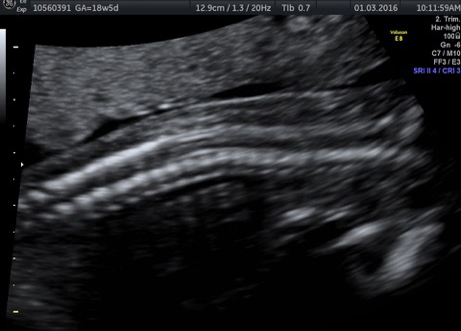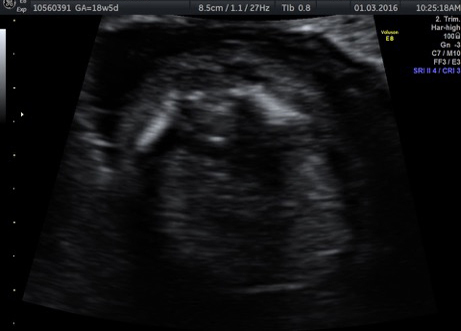CVS is a test performed during pregnancy to check for all types of chromosomal abnormalities and prenatal diagnosis of certain genetic disorders like thalassemia in the baby.
Mostly it is done to rule out chromosomal and genetic disorders in the baby and is offered in the following situations:
- When there is a ‘high risk’ for chromosomal disorders on first trimester screening
- When there is an abnormality in the baby on the first trimester scan
- To rule out genetic disorders like thalassemia, sickle cell disease, muscular dystrophy etc.
- When you have a family history of a genetic disorder for which the genetic mutation is known
CVS is done by passing a needle through the mother’s tummy under local anaesthesia to obtain a small amount of tissue from the placenta (after-birth). The test is done under continuous ultrasound guidance so as to avoid the baby. In some cases, the needle may be needed to put in a second time if enough tissue is not obtained in the first attempt. It is usually done between 11 to 13 weeks of pregnancy; we prefer to do it at around 12 weeks when we can do the first trimester screening as well and rule out any structural abnormality in the baby. The placental tissue is sent to the laboratory for testing. For some tests, both parents blood samples are also needed.
Local anaesthesia is given prior to the procedure. Most women undergoing the procedure rate it as uncomfortable or as painful as routine blood sampling.
There is small increased risk of miscarriage of around 1 in 100 for chorionic villus sampling. Although all precautions are taken during the procedure to minimize infection, there remains a small risk of infection (1 in 1000). In about 1 in 100 patients, the culture may fail and the full karyotype may be unavailable. In some cases, the results may take longer or may not be available because of mosaicism. If a full karyotype is still needed, the doctor will offer you amniocentesis after 15 weeks.
The procedure, its indication and the associated risks will be discussed with you and you will be asked to sign an informed consent. Your blood group and certain other blood tests (HIV, Hepatitis B) will be checked.
You will be asked to rest and the baby’s heart beat will be checked after half an hour. You may have slight bruising at the site of needle entry. You may also have some spotting or mild cramping for a couple of hours. You may take oral paracetamol which is safe in pregnancy. There is no restriction to your daily activities though the doctor may advice you to stay home for 3 days to minimize chances of infection. If you have fever, vaginal bleeding or leaking or contractions, you must report to the hospital.
The FISH report comes within 3 full working days; the karyotype report takes 2 to 3 weeks. The timing of other results will depend on the test performed and usually varies between 7 to 10 working days. You will receive a call from us as soon as the reports are available and a soft copy will be mailed to you on the same day.
